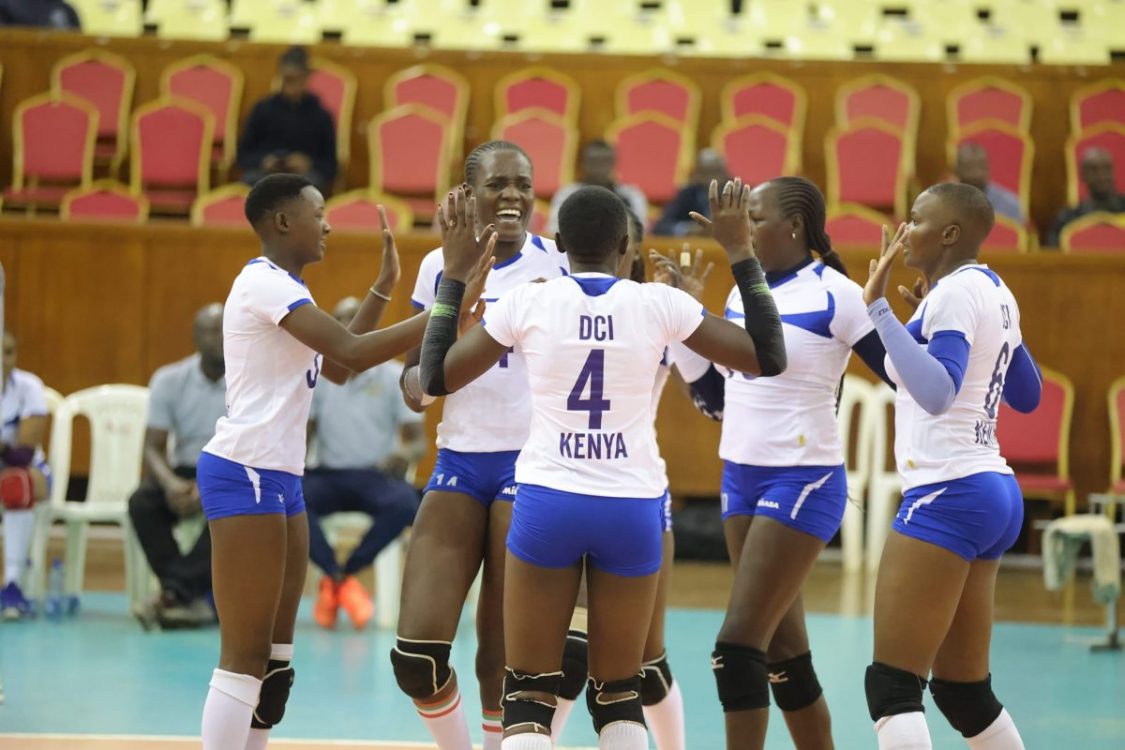Maize farmers cry foul over subsidies, loans and imports
By Peter Leshan, June 23, 2021Maize farmers in parts of South and North Rift are concerned that government policies targeting maize production are hurting the farmers and encouraging cartels into the sector.
The farmers say that subsidised fertilisers and top dressing agents are not forthcoming, the sector is further being hurt by scarcity of these inputs from the suppliers.
Speaking yesterday in two different locations, the farmers representatives said the government has not provided inputs since 2018 saying they should be considered for subsidies like tea and coffee farmers.
“The cost of maize production rises every year. When farmers are being denied subsidies for long, we view it as a plot to kill their moral and finally bring maize production to its knees,” said Ernest Tormoi, an official of the Eldoret based, Kenya National Farmers Union.
Tormoi warned that allowing cheap maize imports from Uganda and Tanzania when locals have not disposed their produce is a slap in the face of farmers and accused the government of insensitivity.
“Despite the absence of subsidies and market, they have continued to produce because it is their only source of income,” said Tormoi, a large scale maize farmers in Ziwa area, Uasin Gishu County.
Despite North Rift being the largest maize producer of maize in the country, there is shortage of Calcium Ammonium Nitrate (CAN).
According to Narok Farmers Association secretary Erisha Kuluo, farmers have been unable to access loans to fund production in the last two years, despite the promise of a Warehouse Receipting System by the government.
Dwindling fortunes
“Even before the advent of Covid-19, we were still unable to access loans from financial institutions like Agricultural Finance Corporation (AFC) which is government owned,” he said.
Franklin Bett, the corporation chair says after the waiver, farmers will not access further financing for some time to ensure their counterparts in the country get money for production.
“AFC operates on a lean budget and waivers are not financially sustainable. We want with the little we have, all eligible farmers in the country to also get something to produce food,” he says.
More Articles

